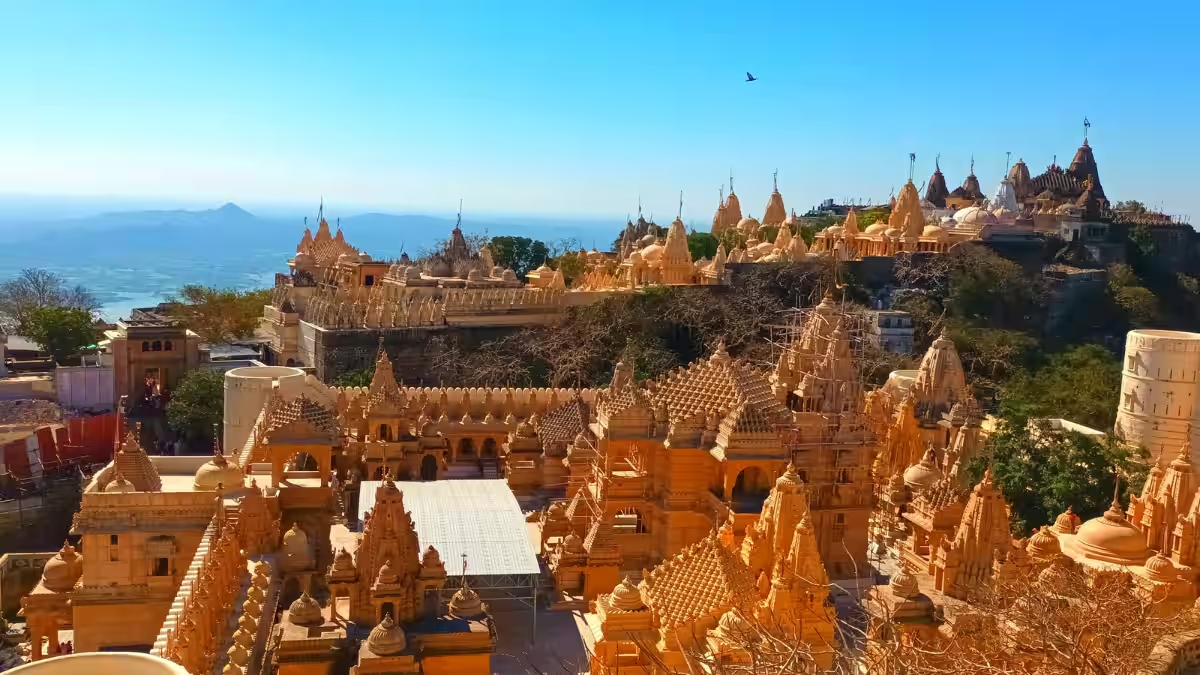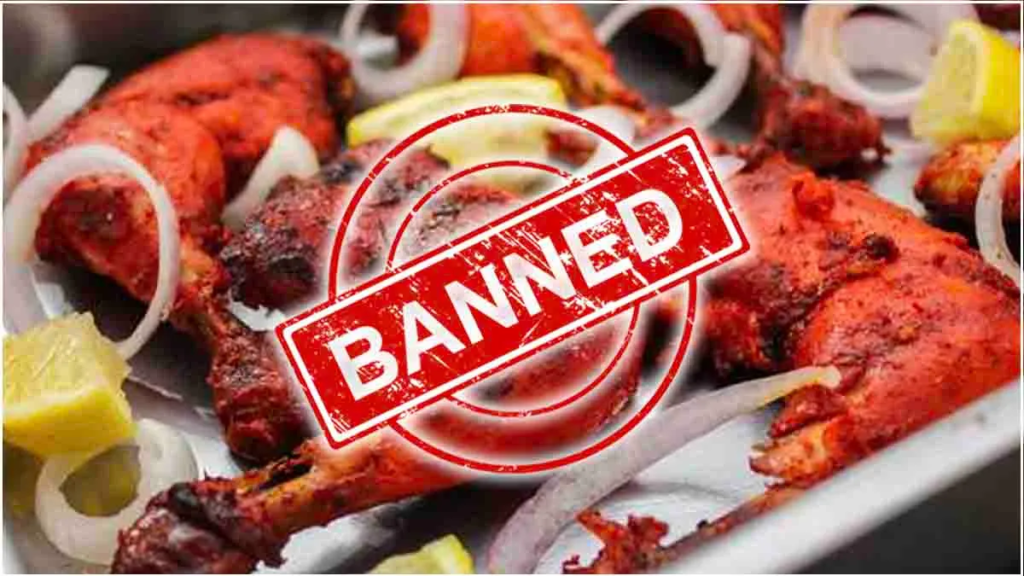The Jain community requested that this extreme step be put into place because Palitana, a well-known Jain pilgrimage site next to the Shatrunjaya Hills, is located there. There are about 800 temples in the city, the most important of which is the Adinath temple. The current prohibition came about as a result of a hunger strike by roughly 200 Jain monks a few years ago, who wanted the closure of the 250+ meat stores in the city.
In Gujarat, other towns like Vadodara, Junagadh, and Ahmedabad are witnessing similar developments.This is not a Gujarat-specific tendency. Cities and towns in northern India, such as Kurukshetra in Haryana, Haridwar in Uttarakhand, and a few towns in Uttar Pradesh, have been progressively limiting the open sale of meat, fish, and eggs as well as non-vegetarian restaurants.

Source: Wion
The Muslim community, which provides meat and poultry, and the majority populace, which eats non-vegetarian food, are disproportionately affected by these laws. It should be noted that Muslims do not consume pork, while Jains refrain from eating potatoes, onions, and any other root vegetable. Food preferences are often influenced by one’s birthplace; for instance, the non-vegetarian food that Maithil Brahmins of Bihar love to eat, Bengalis think that fish is a must-have in their diet, and some Northeastern cultures consider black dog meat to be a delicacy. It’s stated that nearly anything that moves is eaten in China.
Food is primarily a matter of personal preference, and it is fundamentally unjust to force one’s dietary choices on others. The right to select what to eat should belong to everyone. Although the state has the authority to control the sale of non-vegetarian goods, instead of enacting outright prohibitions, it ought to think about creating marketplaces specifically for beef, poultry, and other products that are located far from sensitive areas like schools and temples.
Source: HW News English
The dietary habits of a significant portion of the population, including as Muslims, Christians, scheduled castes, scheduled tribes, and OBCs, who typically eat non-vegetarian food, are disregarded by this political arrogance. The everyday diet of several upper-caste communities, such as the Rajputs and Bhumihars, includes non-vegetarian foods.Thousands of Palitana residents whose livelihood depended on selling non-vegetarian food have suffered as a result.
The same holds true for other communities where such sales are prohibited. This is not good news for the nation’s reputation. It is crucial to adopt a more equitable strategy that takes into account the needs of all communities while honouring the desires of both vegetarians and non-vegetarians. Outright prohibitions on non-vegetarian food are not only unworkable but also a regression in the values of liberty and inclusivity.
What do you mean by this? Comment below.

